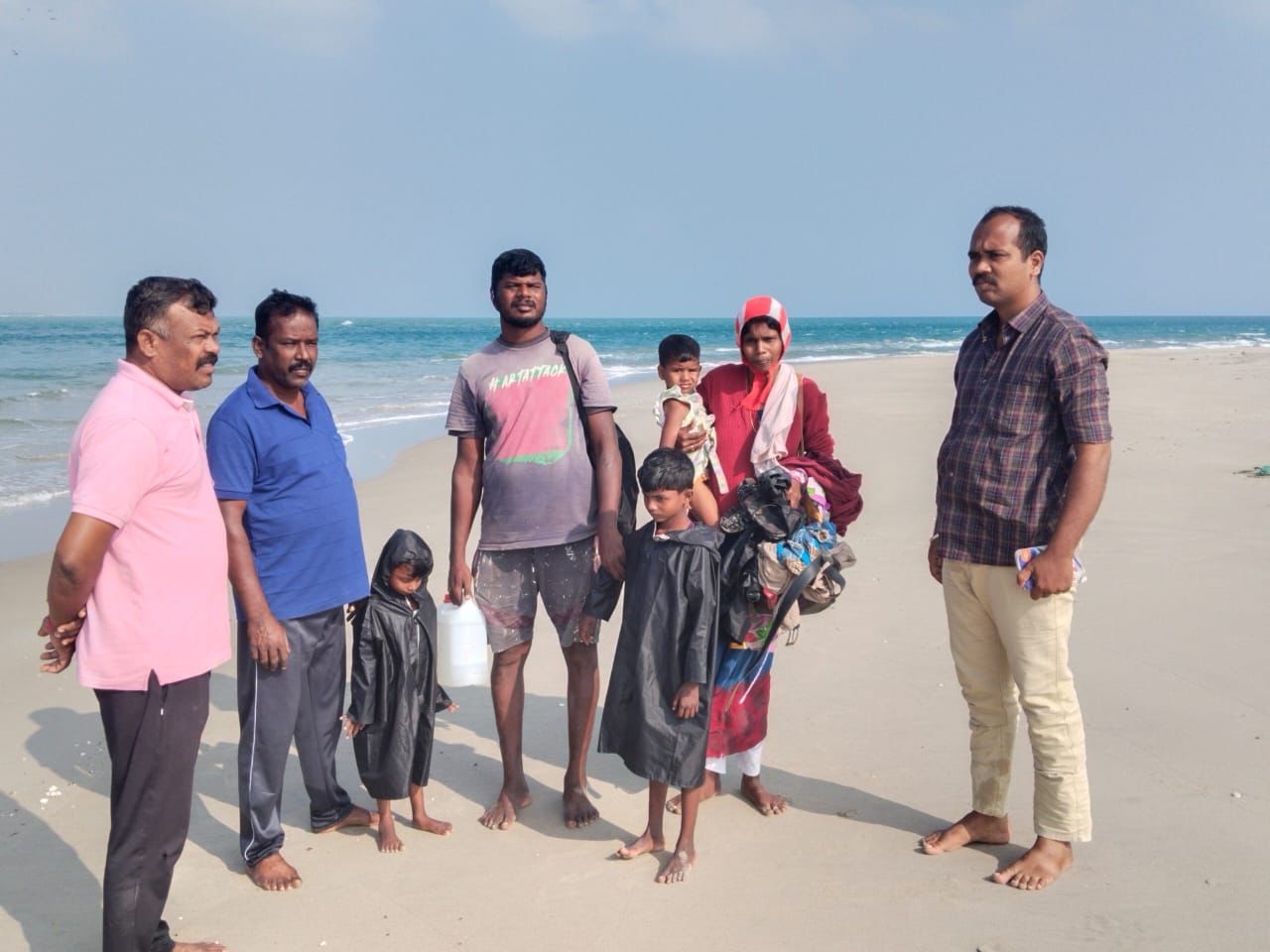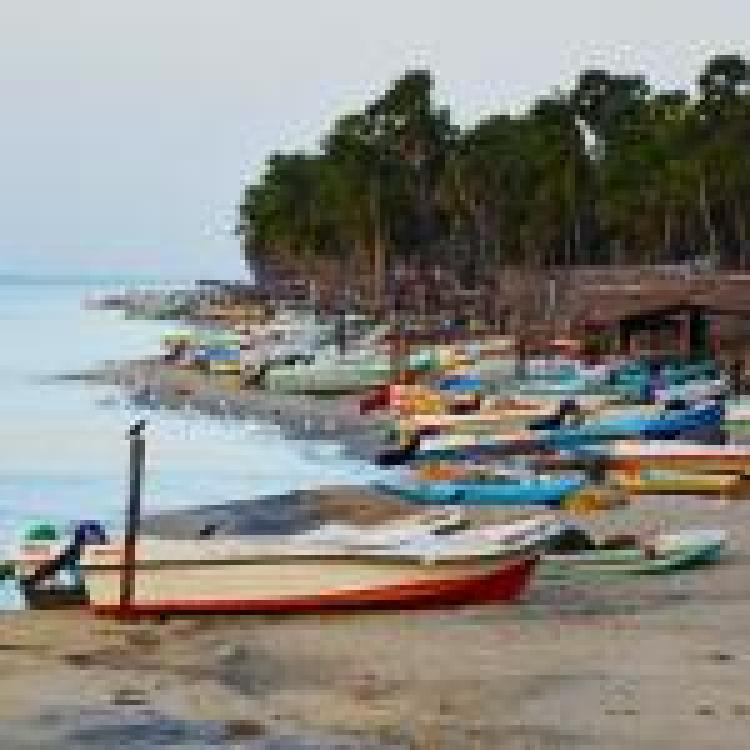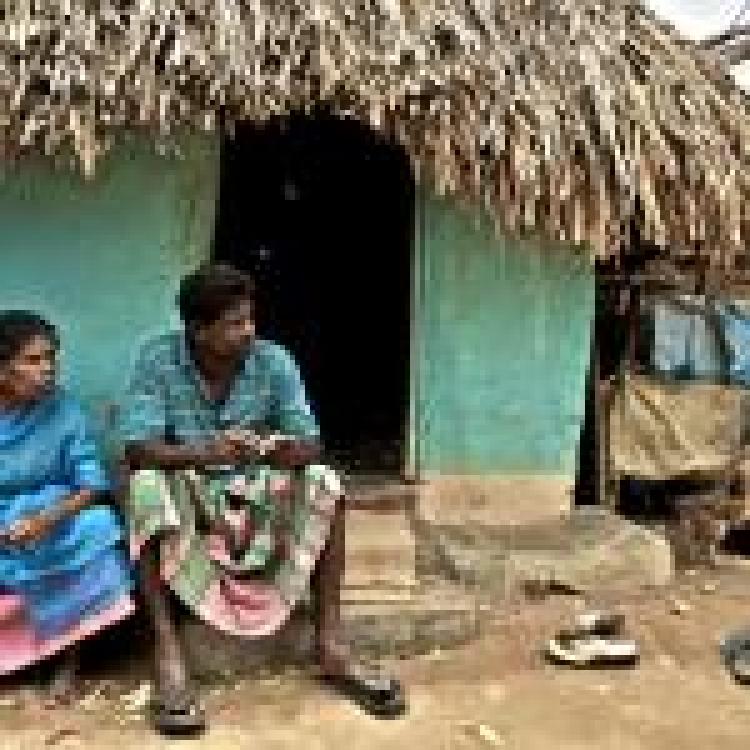
Five Eelam Tamils including three children from the same family reached Dhanushkodi yesterday, after undertaking a journey by boat from Mannar to seek refuge in Tamil Nadu.
The family who were sent to Mandapam Camp were originally from Vavuniya and had paid a sum of Rs.150,000 to the owners of the boat and crew so they could be taken to Tamil Nadu.
Sources said the five were identified as R Nanthakumar (42), his wife Sangari alias Nithya (26) and their daughters Jersika (6), Jenusika (3) and Eabisika (2). They had reportedly spent many hours without food until they were spotted by coast conservation who provided them with rations and helped them ashore. They were held at the Mandapam police station before being sent to the camp.
“Though it has been two years since the economic crisis hit, the inflation levels are still unstable in the country. Since our incomes are less, we are struggling to buy even essentials. People who went to other countries for work could survive, but locals could not get any work there. Even kerosene costs more than 300 rupees. Using what money we had left, we paid for a boat to reach India, seeking refuge,” Nanthakumar was quoted as having told the Expres News Service.
Due to the economic crisis, the number of Eelam Tamils who’ve arrived in Tamil Nadu seeking refugee has increased to 293. The World Bank estimates that nearly 500,000 people have lost their jobs due to the economic crisis. Those already classified as poor in Sri Lanka have seen a 65% increase in their cost of living.
Despite this the military continues to occupy vast swathes of Tamil Land across the North-East, displacing Tamils and thus denying them a source of income from arable land. Fourteen of Sri Lanka’s army divisions are based in the Northern province alone. These divisions are accused of committing war crimes in the final stages of the armed conflict and now run military owned businesses which exacerbate the existing economic problems.
A report released by the South Asian Centre for Legal Studies (SACLS) detailed the ‘deepening consequences’ of the continuous military occupation of civilian spaces which curtail local economic development, particularly in the North-East.
The report stated;
“The lack of information regarding the legal and administrative frameworks within which the military engages in businesses; potential unfair competition and market distortion by the military's engagement in business resulting in the crowding out of private investors; lack of oversight over military businesses by the government, causing several rule of law implications regarding transparency and accountability; social and economic consequences particular to the North and East as a result of the military occupying an economic vacuum."
For decades Eelam Tamils have fled Sri Lanka, amidst years of human rights abuses, violence from the security forces and impunity for crimes. However, the current economic crisis has now added to the burden.
Tens of thousands of Eelam refugees remain in camps in Tamil Nadu, often in difficult conditions and without any support. Many refugees from Eelam fled Sri Lankan state oppression and have been living in Tamil Nadu for about three decades. Despite this the Indian government refuses to grant them citizenship.




